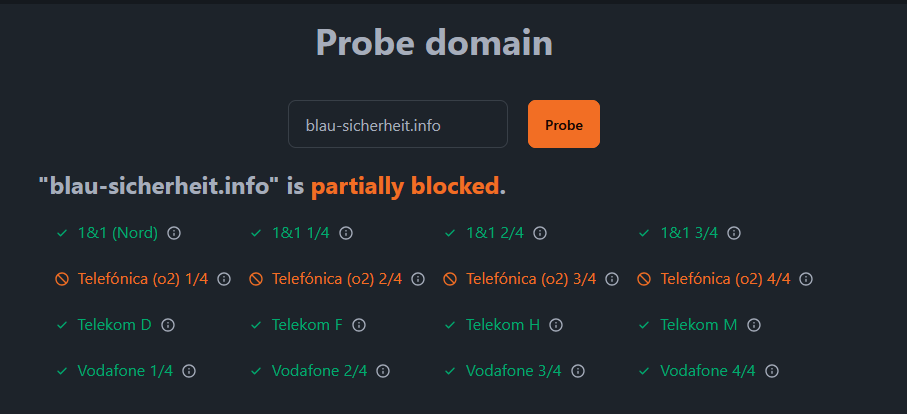China Cries Protectionism, America Yells Security: A Trade Rant Worth a Soybean
Hello everyone. Let’s dive headfirst, without a helmet, into the bizarre circus tent that is U.S.-China agricultural trade. Because nothing screams riveting drama quite like soybeans, tariffs, and diplomats wagging their fingers across podiums. Apparently, we’re back in the eternal loop of Beijing accusing Washington of protectionism, Washington crying foul about security, and farmers-poor, hardworking folk shoving dirt under their nails-stuck holding the bag of misery. Spoiler alert: nobody wins here, except maybe Brazilian soybean exporters laughing all the way to the bank.
The Accusation: Rampant Protectionism
According to China’s ambassador to the U.S., Xie Feng, American protectionism is as rampant as loot boxes in a poorly balanced online MMO. Translation: the U.S. slapped tariffs, China slapped retaliatory tariffs, and now both sides are playing an unexciting game of “Who Can Blink First.” It’s less Call of Duty, more Farming Simulator with sanctions. And Xie is adamant that politics shouldn’t hijack agriculture-except, of course, that’s exactly what’s happening. You can’t torch $21 billion in American food exports with levies and then, with a straight face, claim goodwill.
The Numbers Nobody Wants to Hear
Here’s the medical diagnosis: U.S. soybean sales to China down 51%. Total agricultural exports down 53%. If that were a patient, I’d call the family and deliver the bad news-flatline incoming. And for farmers who have built entire business models around feeding China’s endless appetite? They might as well be PvE players suddenly dropped into a PvP battleground with no armor-brutal, nasty, and short-lived. The numbers aren’t “concerning.” They’re catastrophic.
The Soybean Betrayal
China, being the clever raid boss that it is, simply switched vendors. “Oh, you don’t want to cooperate? That’s fine, I’ll just buy from Brazil.” And they did, locking in shipments for the U.S. marketing season. That’s like a guild dropping a long-time healer because another player offers 3% higher crit chance-it’s cold, it’s efficient, and it leaves the U.S. exporters standing outside the dungeon door wondering what just happened.
The Security Rhetoric
Meanwhile, the U.S. has gone full “national security mode,” essentially suggesting Beijing’s 0.03% farmland ownership is a Trojan horse for world domination. Yes, less than a fraction of one percent. That’s like panicking in Warhammer because the enemy’s scout wandered near your front lines-hardly a full-scale invasion. But rules don’t matter here; it’s all about theater, fear-mongering, and looking tough for domestic audiences. Fire foreign researchers, block farmland sales, cry danger-cue patriotic soundtrack.
Security theater: the kind of political manipulation where data is irrelevant, paranoia sells, and the popcorn is overpriced.
Farmers as Collateral Damage
Both sides keep parroting the same virtue-signaling narrative: “Farmers are hardworking, humble folk who don’t deserve this.” No kidding. They don’t deserve to be used as pawns in this diplomatic chess match where every move hurts them, and nobody seems remotely interested in backing down. It’s like the devs coding an MMO who balance the game by nerfing both factions equally-guess who suffers? The players. Or in this case, the farmers, who are now forced to patch up their real-world economy with duct tape while politicians argue over buffs and debuffs.
Trade War or Political Theater?
Let’s not pretend this is about soybeans. It’s about control, influence, and flexing power. Washington thinks China is a security threat if they so much as buy a tractor. Beijing thinks America is brewing paranoia in the same basement where they keep the Area 51 aliens. Both narratives are less believable than a flat-earth FPS mod. But here’s the painful truth: this isn’t going to stop anytime soon, because it’s politically convenient for both sides to be combative rather than cooperative.
Conclusion: A Trade War with No Healers
Here’s the prognosis: everyone loses. The U.S. loses billions in exports. China pays higher prices until they reroute supply. Farmers-the actual lifeblood of this trade relationship-are left bleeding out on the battlefield while both governments pat themselves on the back. If this were a raid, I’d call it a wipe. No loot. No progress. Just repair bills and bitterness all around.
My final verdict: bad. This entire affair reeks of political overreach dressed up as noble defense of sovereignty. When your crops are rotting while politicians exchange lecture notes, you don’t need diplomacy-you need a reset button. And no, China whining about protectionism while simultaneously slapping tariffs isn’t inspiring confidence either. Hypocrisy is the real winner here.
And that, ladies and gentlemen, is entirely my opinion.
Source: China says ‘rampant’ US protectionism threatens agricultural ties, finance.yahoo.com


